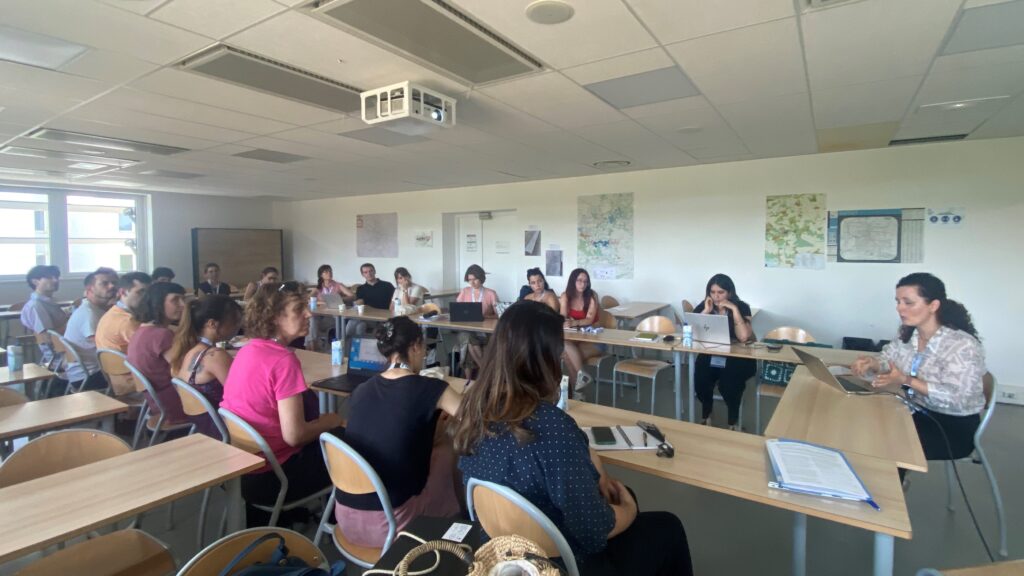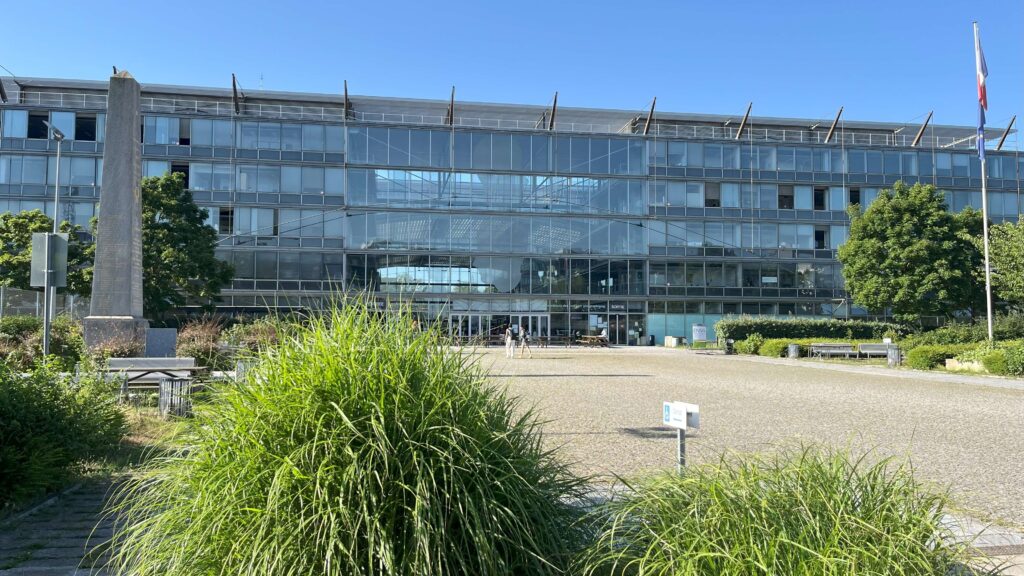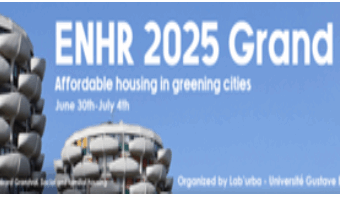This year’s theme, “Affordable Housing in Greening Cities”, focused on the challenges of ensuring housing affordability during the green transition of urban areas.
Across dozens of panels and workshops, participants discussed how to ensure broad access to affordable housing in the face of the housing and climate crises. Experts emphasized that improving energy efficiency in buildings must not come at the expense of low-income residents or exacerbate existing socio-economic inequalities.
During a working group on Energy Efficiency and Environmental Sustainability of Housing, Joanna Mazurkiewicz presented IBS analyses on the energy transition of housing cooperatives in Poland and the Czech Republic. This process depends not only on formal regulations but also on “soft” factors such as management practices and social norms. While housing cooperatives are well-positioned to invest in renewable energy, such projects are primarily driven by cost-effectiveness. Environmental and social goals tend to be sidelined, and the initiatives rarely evolve into projects co-created with residents.

Experiences from countries with more advanced prosumer models suggest that establishing energy communities within housing cooperatives remains a significant challenge under current regulatory and socio-cultural conditions.
The next ENHR conference, “Housing and Prosperity in the 21st Century,” will be held in Oslo in July 2026.

A grant from the National Science Centre (NCN, Poland) under the OPUS competition within the Weave programme (contract no. 2021/43/I/HS4/03185) financed the event’s participation.

